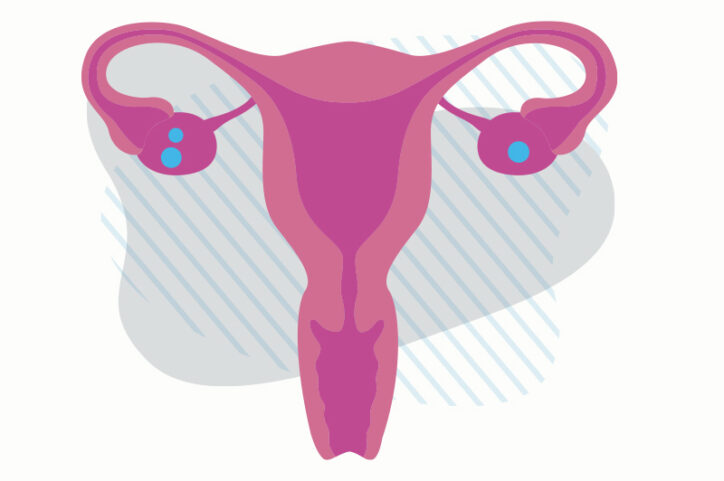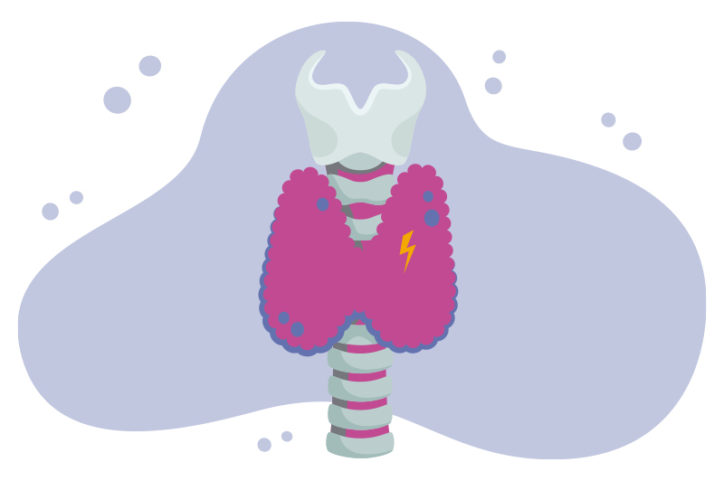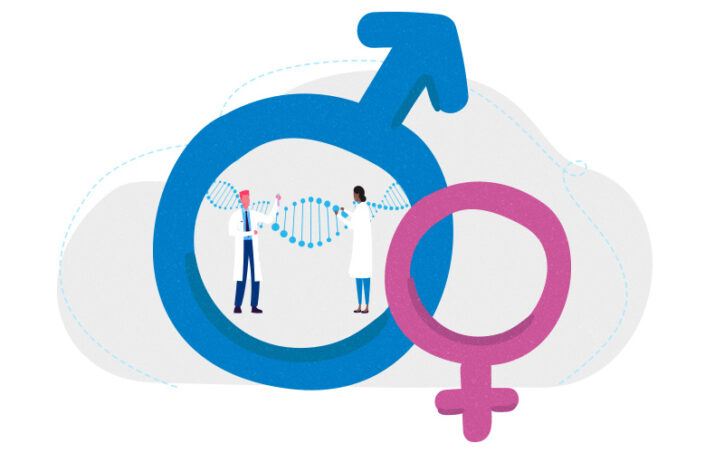Archive for obesity
New genetic insights could change how we treat, and talk about, polycystic ovary syndrome
Polycystic ovary syndrome (PCOS) has long been viewed as a hormonal disorder affecting women of reproductive age. However, ongoing research led by Jia Zhu, MD, attending physician in the Division of Endocrinology, and her colleagues is changing that. Their most recent findings indicate that PCOS is part of a broader metabolic and reproductive disorder that ... Read More about New genetic insights could change how we treat, and talk about, polycystic ovary syndrome
Tagged: diabetes, endocrinology, metabolism, obesity
Are weight-loss medications and surgery right for teens?
Advances in bariatric surgery and weight-loss medications have made weight management accessible to more adults. But are these approaches effective — and safe — for teens, too? Weight-management medications, particularly glucagon-like peptide 1 receptor agonists (GLP-1RAs), are the newest tool available to people over age 12 for the treatment of obesity and related conditions. At ... Read More about Are weight-loss medications and surgery right for teens?
How Boston Children’s physicians have teamed up to tackle obesity and food insecurity
When nutritious, high-quality food is not easily accessible, families are often left to purchase what is available — usually, highly processed, nutrient-poor food. Children in these households — who also have food insecurity and various socio-economic stressors — face additional barriers and are at risk for developing chronic diseases, such as obesity. To address such ... Read More about How Boston Children’s physicians have teamed up to tackle obesity and food insecurity
Tagged: community health, culture, nutrition, obesity
BRD7 research points to alternative insulin signaling pathway
Bromodomain-containing protein 7 (BRD7) was initially identified as a tumor suppressor, but further research has shown it has a broader role in other cellular processes, including the remodeling of chromosomes and cell cycle progression. Now, Boston Children’s Division of Endocrinology researchers have discovered another purpose for BRD7: It seems to be involved in an alternative insulin signaling ... Read More about BRD7 research points to alternative insulin signaling pathway
Tagged: diabetes, endocrinology, obesity, research
BMI and the adolescent brain: A concerning connection
We all know that obesity is a growing epidemic in children and adults. A large national study now finds that preteens carrying excess weight have notable differences in cognitive performance, brain structures, and brain circuitry when compared to preteens with normal body-mass index (BMI). Funded by the National Science Foundation’s Harnessing the Data Revolution initiative, ... Read More about BMI and the adolescent brain: A concerning connection
Tagged: adolescent medicine, neuroscience, obesity
Does thyroid cancer in children behave differently than in adults?
Once relatively uncommon, pediatric thyroid cancer is increasing among children and is now the most common type of cancer diagnosed in adolescents. As the oldest program of its kind in the U.S. — and one of the only centers dedicated to pediatric thyroid disease — Boston Children’s Thyroid Center is at the forefront of research on ... Read More about Does thyroid cancer in children behave differently than in adults?
Tagged: autoimmune disease, obesity, thyroid cancer
Obesity is increasing people’s risk of cancer. Why?
Obesity is now a global epidemic, and it is increasing people’s risk for cancer. The National Cancer Institute lists more than a dozen cancers that are associated with overweight and obesity. But how obesity increases cancer risk hasn’t been clear. The lab of Marsha A. Moses, PhD, at Boston Children’s Hospital, now draws a direct ... Read More about Obesity is increasing people’s risk of cancer. Why?
Tagged: cancer, obesity, vascular biology
Weight loss: When scientific paradigms collide
David S. Ludwig, MD, PhD, co-directs the New Balance Foundation Obesity Prevention Center at Boston Children’s Hospital. Because conventional thinking usually rests on years (sometimes centuries) of research, scientists are naturally skeptical of radical new ideas. But occasionally, problems with normal science arise, such as a persistent failure to solve important puzzles and anomalies that can’t be ... Read More about Weight loss: When scientific paradigms collide
Climate and children’s health: A conversation with Dr. Aaron Bernstein
When Boston Children’s Hospital pediatrician Dr. Aaron Bernstein was in medical school, he was told that climate change — an interest of his since 7th grade — belonged in the realm of politics, not medicine. One professor told him flat out, “You’re trying to fit a square peg in a round hole.” But another professor ... Read More about Climate and children’s health: A conversation with Dr. Aaron Bernstein
Tagged: asthma, climate change, health equity, mental health, obesity, primary care, research
Genetic risk factors for PCOS act independently of ovarian function
It’s estimated that as many as 10 percent of women have polycystic ovary syndrome (PCOS), a hormonal condition that produces symptoms such as infertility, irregular menstrual periods, and excessive body hair growth. Women with PCOS are also at increased risk for cardiometabolic dysfunction, as evidenced by insulin resistance and obesity. Yet, despite extensive studies of PCOS, ... Read More about Genetic risk factors for PCOS act independently of ovarian function
Tagged: diabetes, endocrinology, metabolism, obesity











